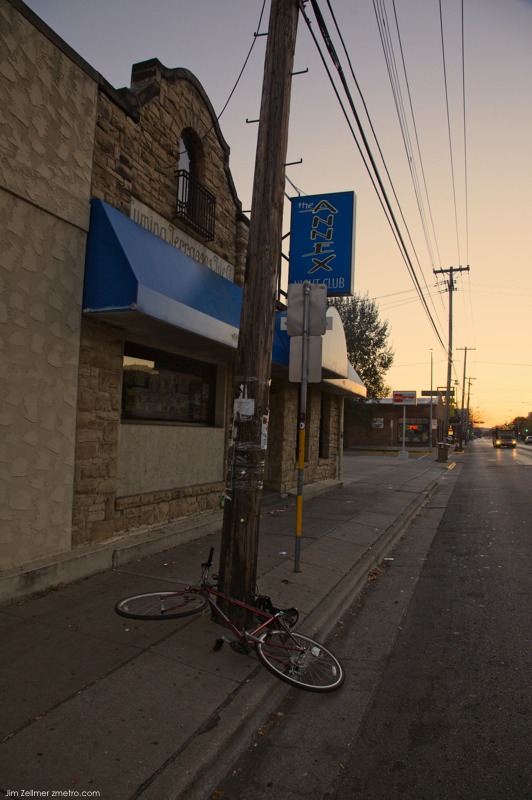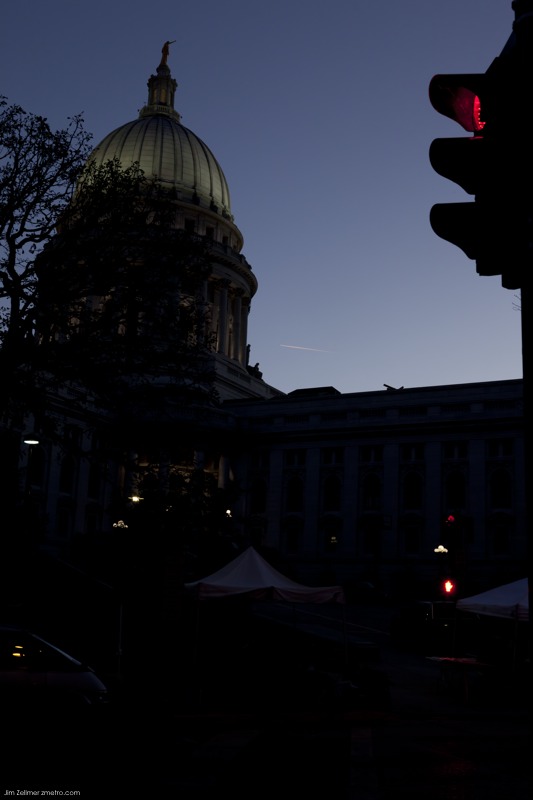Douglas Belkin & Neil King, Jr.
Last week’s election rout did more than put Republicans in charge of the U.S. House of Representatives. It upended the electoral map that propelled President Barack Obama to the White House.
Mr. Obama bagged traditionally liberal Wisconsin and its ten electoral votes two years ago, part of a sweep that also included states that hadn’t tilted Democratic for decades. That went into reverse Tuesday. The party suffered heavy losses in Ohio and Pennsylvania, two big states that had backed Mr. Obama in 2008, as independent voters swung to the right. Other presidential territory–Virginia, Indiana and North Carolina–swung back to the GOP.
The depth of the party’s losses outside Washington, in state-level-contests, can be seen in this working-class city. The president won handily here in 2008 along with surrounding Brown County. Last week, Republicans carried all 18 races on the county’s ballots, right down to the clerk of the court. The GOP took control of the governor’s office, the state assembly and the state senate–the first time the state has reverted so abruptly to one side since 1938.








